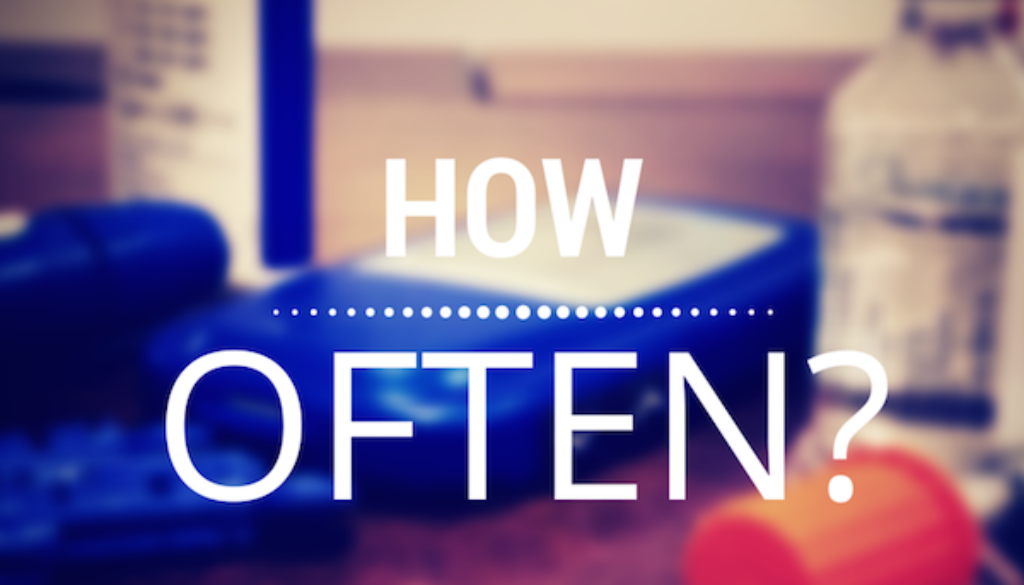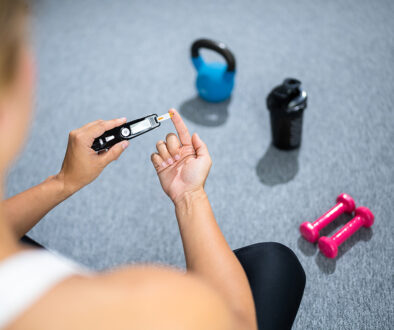How Often Should Diabetics Check Blood Sugar?
A diagnosis of diabetes is often overwhelming, and patients may have many questions about how to manage this illness.
Diabetes is one of the leading causes of death in the United States. Both type 1 and type 2 diabetes are serious illnesses that can lead to health complications such as heart disease, strokes, non-healing wounds, and limb amputation. While there is no cure for diabetes, it can be managed, and a key to successfully managing this disease is to monitor blood sugar levels regularly. Blood glucose testing provides information on how exercise, food, insulin or other diabetes medication affect blood sugar. These results can help patients avoid glucose leaves that are too low or too high.
SUCCESS IS MORE THAN JUST BLOOD SUGAR COUNT
Information from the Diabetes Care medical journal indicate that there is more to managing blood sugar than merely how many times a day patients test their blood sugar. Success is determined by how well patients comply with the medication and dietary instructions provided by their physicians. This may mean that patients with type 1 diabetes or those on intensive insulin therapies may need to test their blood sugar level before exercise, at bedtime, before eating, and when they suspect low blood sugar. It may also be important to test blood sugar before performing important tasks such as driving. Depending upon the patient and the specifics of his or her particular situation, this may mean testing blood glucose six to eight times daily.
MULTIFACETED DIABETES TREATMENT
Studies show that patients who test their blood sugar levels more frequently demonstrate a lower A1C level. However, among diabetic patients who are not being treated with insulin, routine blood sugar testing appears to be less effective. The bottom line is that blood glucose monitoring is only one part of diabetes management. Any information on blood sugar levels should be integrated into clinical and self-management plans.
Those with type 1 diabetes may need to test their blood sugar before and after certain meals and before and after exercise. Occasionally, blood sugar may need to be tested during the night. It may be necessary to monitor glucose levels more closely during an illness or if there is any change to a regular routine.
Real-time clinical glucose monitoring is another useful tool when these sensors are calibrated correctly. These continuous monitors have alarms that notify patients of hypo- and hyperglycemic events.
Speak to your physician about when and how often you should check your blood glucose levels.




